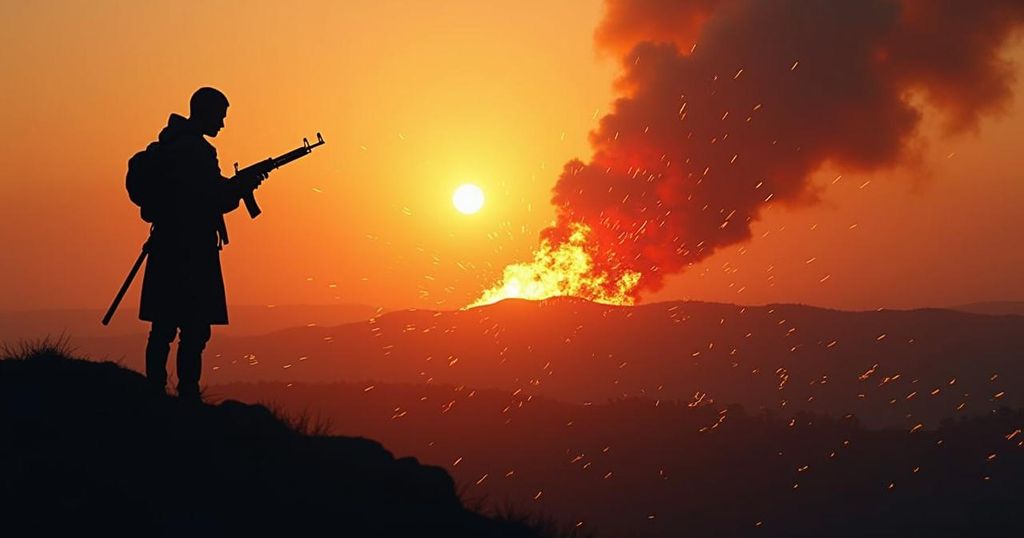Indonesia Raises Alarm Over Iranian Attacks on Israel, Warns of Escalating Conflict

Indonesia has voiced serious concerns about Iran’s missile strikes on Israel, warning that these actions could lead to a larger conflict in the Middle East. The Foreign Ministry urged all parties to cease hostilities and called for the United Nations Security Council to meet and address the escalating tensions. Iran’s attack was reportedly prompted by Israel’s military actions against Hezbollah in Lebanon, which Iran supports.
The Indonesian Foreign Ministry has expressed profound concern over the recent missile attacks launched by Iran against Israel, emphasizing the potential for these actions to escalate into a larger conflict in the Middle East. In a public statement made by ministry spokesperson Rolliansyah “Roy” Soemirat, Indonesia called upon all parties involved in the regional turmoil to halt further escalations. The tensions arose following Israel’s ground offensive against Hezbollah in Lebanon, which prompted Iran to fire approximately 200 missiles at Israeli targets, primarily aimed at three military bases near Tel Aviv. Iranian state media reported that the Revolutionary Guards claimed a 90 percent success rate for their missile strikes. However, Israeli officials refuted this claim, asserting that their defense systems intercepted most of the incoming missiles. Israeli Prime Minister Benjamin Netanyahu accused Iran of making a significant error in judgment and stated that Tehran would face repercussions for its actions. Iran has characterized its missile attack as retaliation for Israel’s elimination of Iranian-backed Hezbollah leaders. In response to this escalation, Indonesia has urged the United Nations Security Council to convene and deliberate on the situation at hand, with the goal of de-escalating tensions in the region.
The conflict between Iran and Israel has intensified in recent instances, particularly with the involvement of Hezbollah, a militant group based in Lebanon that receives backing from Iran. Israel’s military operations against Hezbollah have prompted a strong reaction from Iran. The dynamics of this confrontation not only involve direct military engagements but also the potential for wider regional warfare that could draw in multiple countries and factions. Indonesia’s vocal stance reflects its commitment to promoting peace and stability in the Middle East, a region historically fraught with conflict.
In conclusion, the escalating tension between Iran and Israel has drawn significant international concern, particularly from nations like Indonesia, which advocate for de-escalation and negotiation. With Iran’s missile attacks as a catalyst, the call for a united diplomatic approach is paramount to prevent further conflict in the already volatile region.
Original Source: www.thejakartapost.com








